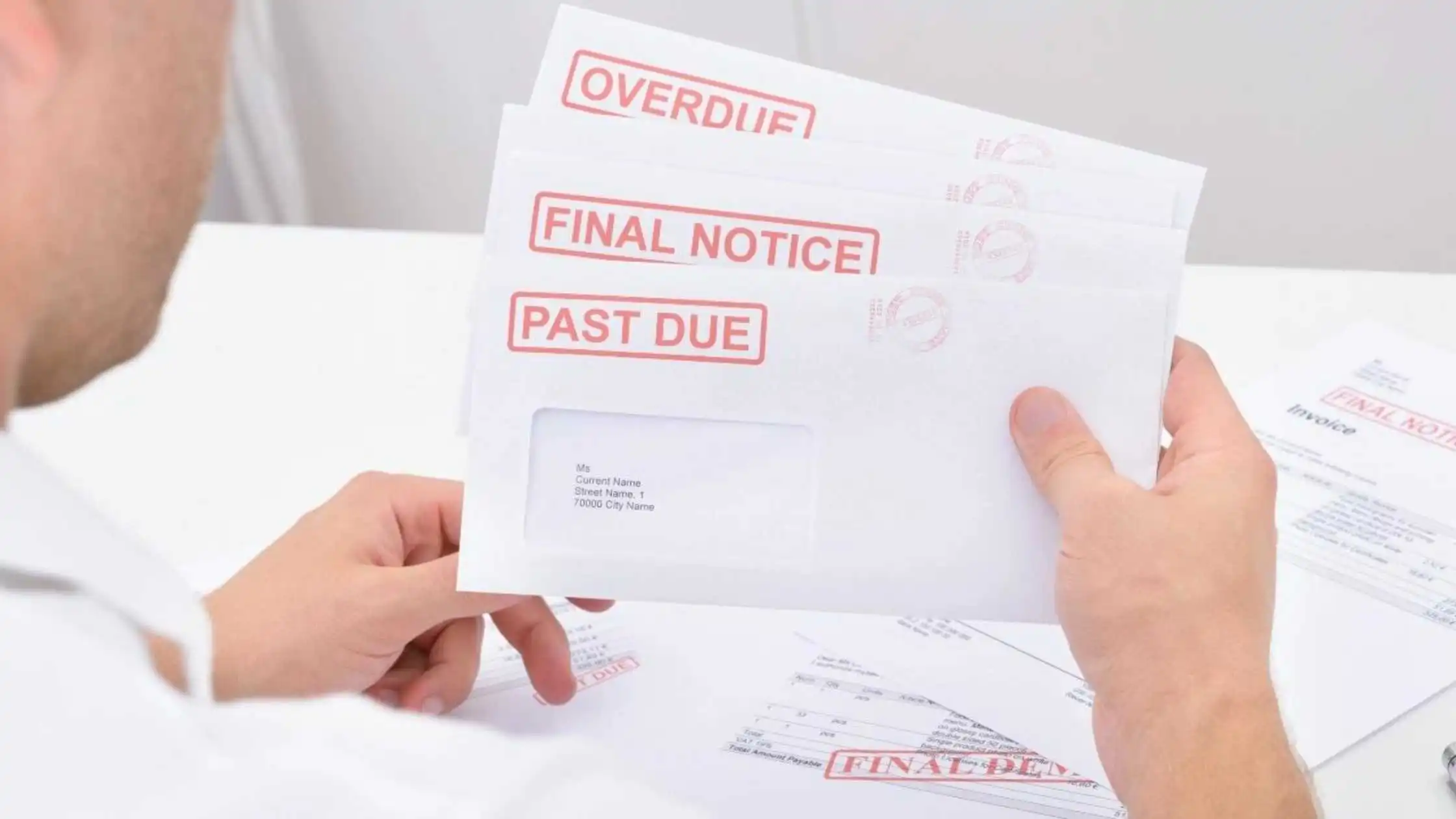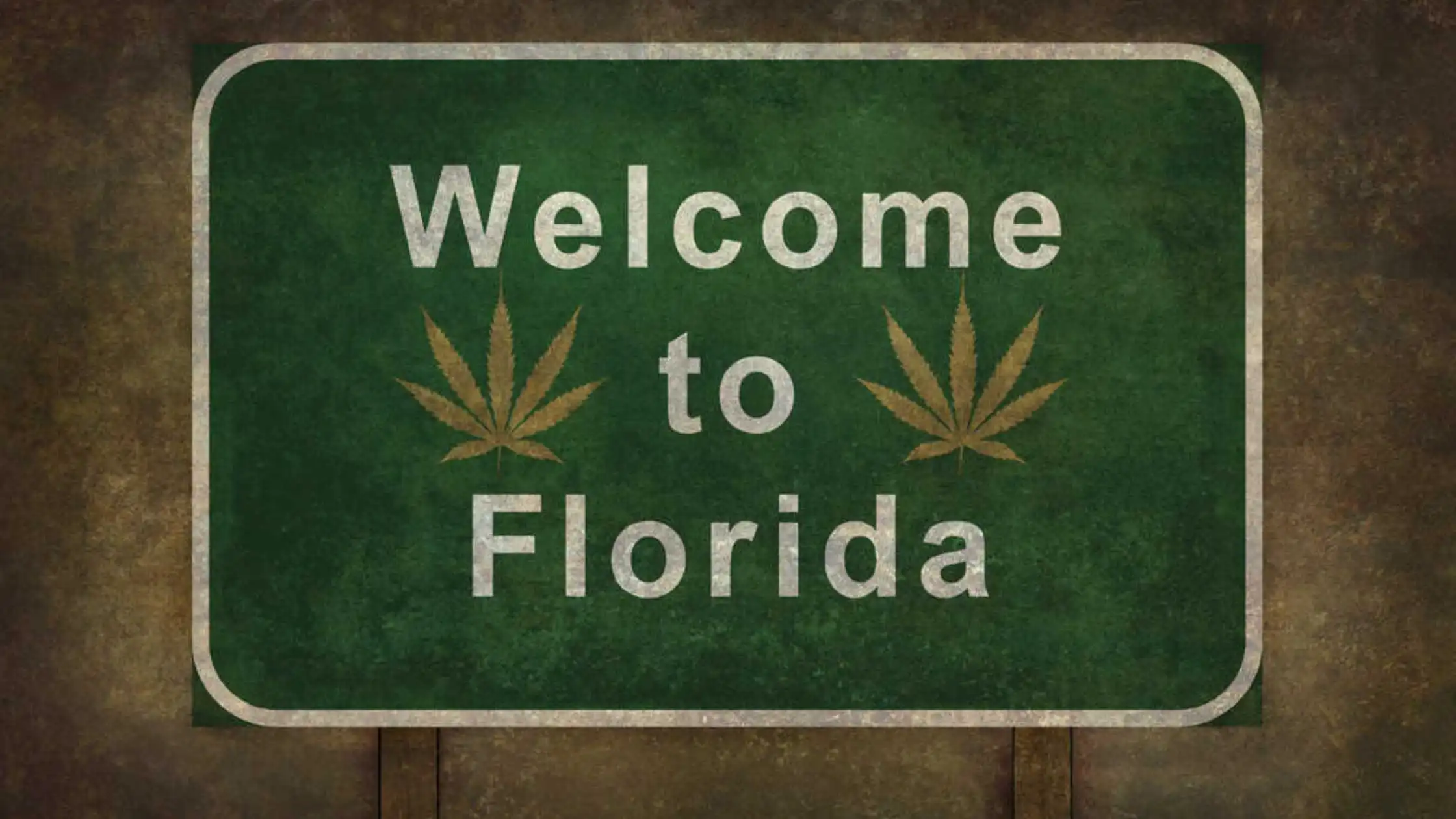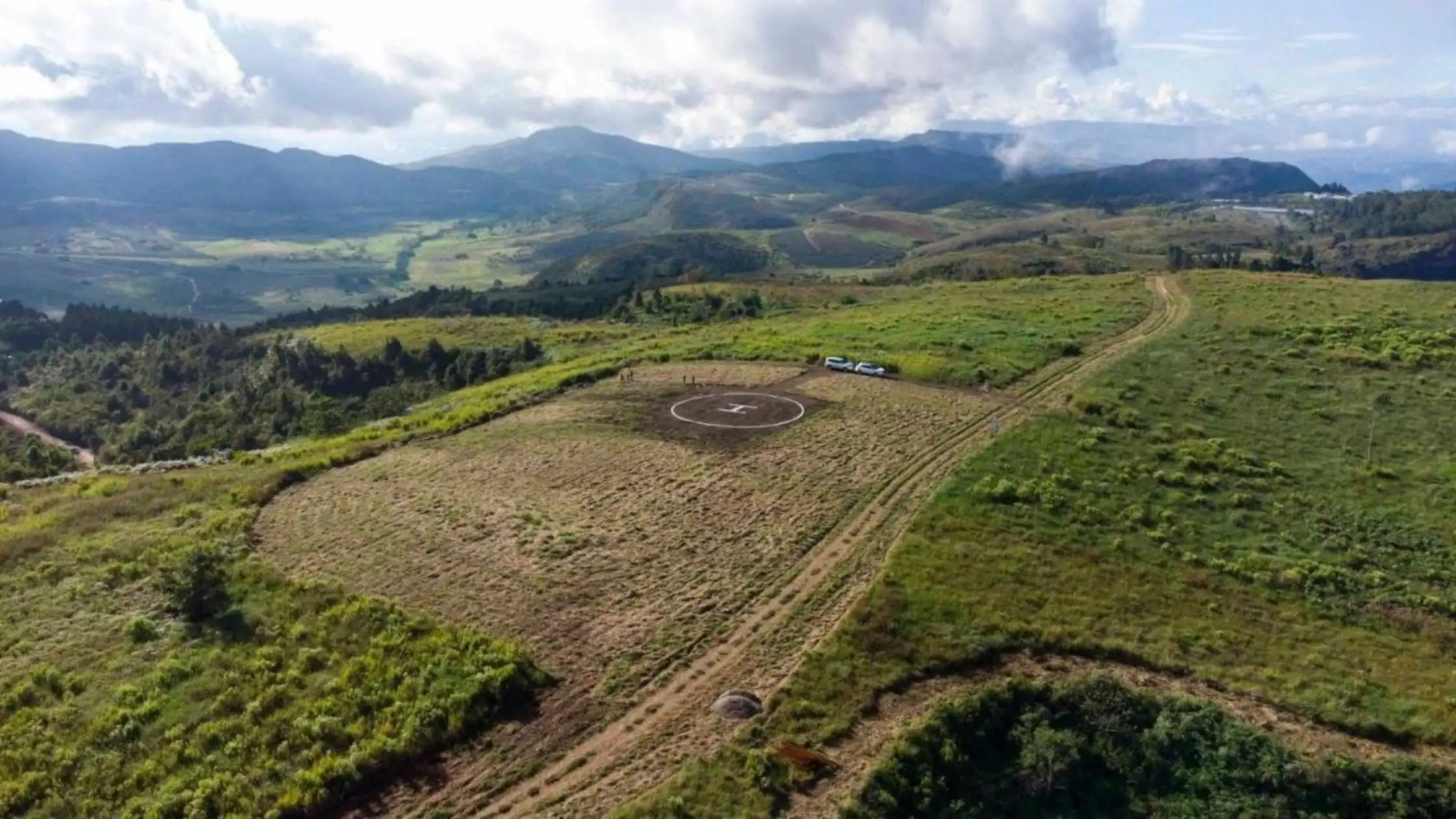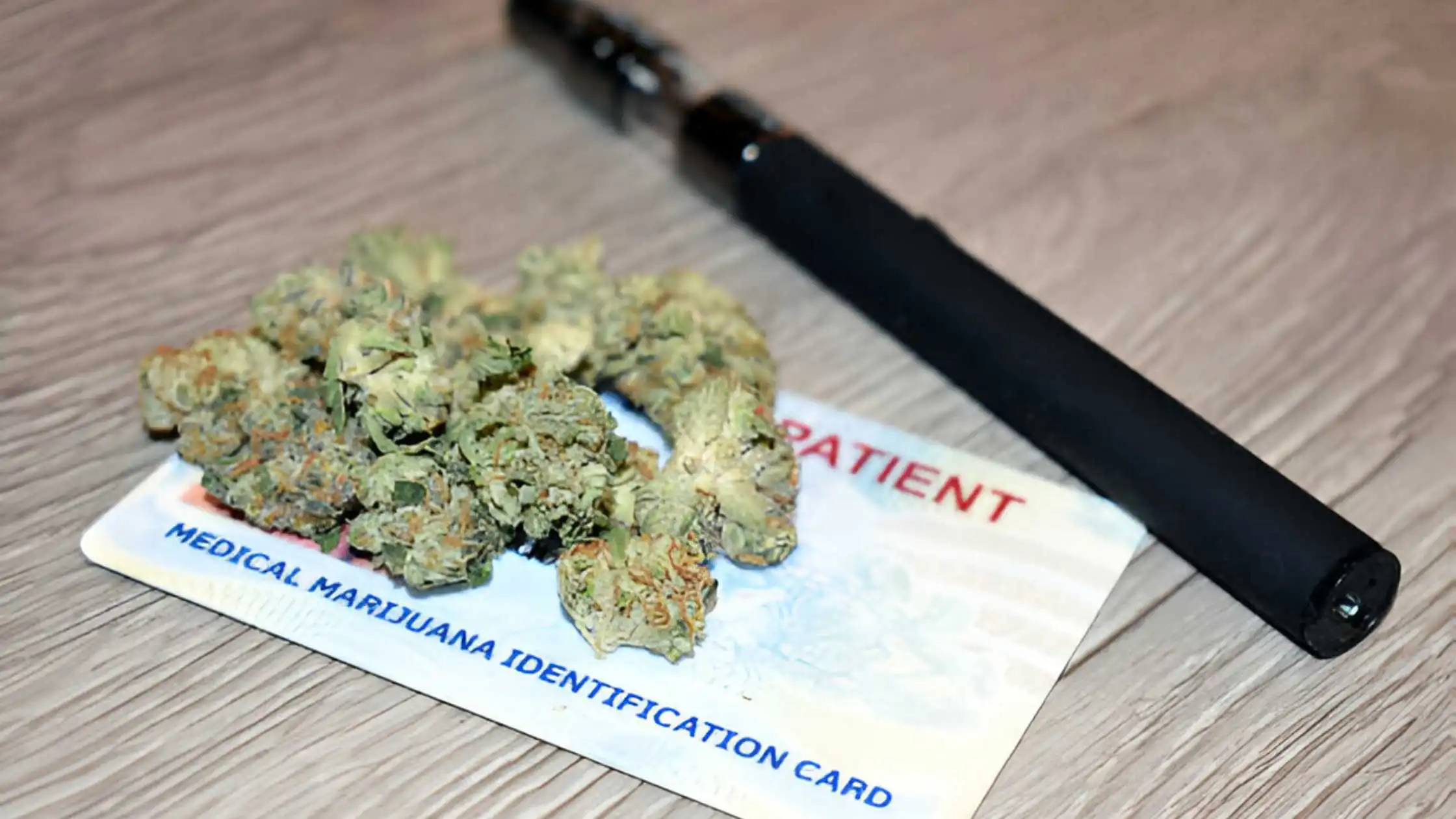California’s business tax collector is ramping up enforcement against unlicensed and licensed cannabis companies, which owe the state nearly $200 million in unpaid taxes.
In the past few months, the California Department of Tax and Fee Administration (CDTFA) has taken a new tack against underground businesses that have undermined the legal market by skipping taxes and undercutting licensed companies.
In particular, the CDTFA has launched raids and auctioned off seized properties as part of heightened efforts to collect unpaid taxes and rein in underground operators.
Legal businesses, meanwhile, are facing stepped-up efforts by the state as well.
According to the department, the escalation signals a return to normalcy in state government functions as the economy rebounds from the pandemic-led downturn.
CDTFA spokesperson Tamma Adamek emailed MJBizDaily that the department “was mindful of hardships that all businesses faced during the pandemic.
“Now that the economy is showing signs of recovery, we are resuming our standard approach to enforcement in all industries, including cannabis.”
Seizing commercial properties connected to illegal cannabis operations is a new approach for the department.
And, so far, that effort appears to be generating results:
- On May 11, the CDTFA auctioned a property for $50,000 that was seized in Compton. It was the agency’s third auction in three months.
- In late March, the department sold a property in Whittier, just east of Los Angeles, for $310,000 after an investigation into illegal cannabis sales. Unlicensed operators at the site owed $850,000 in taxes, according to the CDTFA.
- A few weeks earlier, the CDTFA, in conjunction with the Los Angeles County Sheriff’s Department, sold another property seized in Compton for $256,000.
The CDTFA told MJBizDaily that unlicensed operators used the seized properties to sell a variety of illegal, unregistered cannabis products.
“CDTFA is committed to leveling the playing field for legal businesses by enforcing tax laws against illegal operations,” Adamek wrote.
“Because legal cannabis retailers and distributors are required to hold a permit with CDTFA, we know who they are, where they are, and if they are current on their taxes. Illegal operators can be more challenging since they are underground.”
Auction proceeds are applied to the debtor’s account, less any fees or expenses associated with the sale.
The CDTFA, which collaborates with the California Highway Patrol, local law enforcement, city and county licensing authorities, and other government agencies, has conducted more than 1,000 inspections of cannabis businesses since 2020.
The department has seized more than $32 million in cash and products.
Tax burdens
Cannabis-related taxes, set for cuts under Gov. Gavin Newsom’s proposed budget, have been a lightning rod in the California marijuana market since the state launched adult-use sales in January 2018.
Since then, licensed and unlicensed marijuana companies have racked up $187 million in unpaid taxes, which include sales and use, cultivation, and excise, according to CDTFA figures.
Cannabis retailers must register with the CDTFA for a seller’s permit, file a return, and pay sales-tax dues.
Distributors and growers must do the same for cultivation and excise taxes.
High taxes, according to industry executives and analysts, have crushed licensed cannabis businesses in California while providing a considerable advantage to underground operators who skirt taxes and other regulatory requirements.
In the fiscal year 2021, the CDTFA’s expenses under the Cannabis Taxes Program, which includes cannabis excise taxes and cultivation taxes, were $12.5 million.
Taxes on retail and related cannabis products aren’t explicitly tracked; they are lumped in with dozens of other industries.
Enforcement timeline
The California marijuana sector has been a growing focus the past few years at the CDTFA, which now has 40 dedicated personnel in its Cannabis Taxes Program – still less than 1% of its staff of nearly 4,500.
The agency requested $882,000 in funding in its latest budget proposal to hire four additional auditors to track cannabis tax reporting, returns, and omissions.
“These resources are needed due to the complexities of the cannabis tax programs and the higher than anticipated noncompliance in the cannabis industry,” Adamek noted.
In fiscal 2020-21, the CDTFA received funding to boost staff, adding two auditors handling cannabis cultivation and excise tax audits.
In fiscal 2019-20, the department received funding for ten inspectors, who visit licensed and unlicensed cannabis businesses to confirm registration and report taxes due.
Inspectors also conduct seizures and tax investigations.
In 2019, the CDTFA launched a pilot program to focus on illegal sales and noncompliance by cannabis businesses.
The Cannabis and Sales Suppression Section (CCS) was formed to address unlicensed cannabis operations and verify compliant, licensed businesses. The division works with state and local law enforcement, city and county licensing departments, and other government agencies.
Adverse effects?
Tracy Gallegos, a corporate partner in the Las Vegas office of the Duane Morris law firm, said many of her clients entered the regulated industry with high aspirations. Still, naiveté and poor early business decisions compounded problems.
“So they’ve all fallen behind on their taxes, because they weren’t prepared,” said Gallegos, who co-leads the firm’s cannabis group.
“They weren’t expecting these particular costs of licensing, compliance and taxation.”
She’s concerned that ramped-up enforcement efforts, such as the recent raid of a well-known licensed Los Angeles marijuana retailer, will hurt compliance and collections.
On March 1, the CDTFA and law enforcement raided TLC Collective by Jungle Boys over an alleged disputed late charge.
The raid, which included more than a dozen unmarked police vehicles and officers responding with guns drawn, according to accounts on the Jungle Boys Instagram page, captured widespread attention in the Los Angeles cannabis market for its show of force against a licensed, established business holder.
Jungle Boys, which didn’t respond to several MJBizDaily requests for comment, said the $60,000 tax dispute – part of a $130,000 levy – came after the company paid more than $18 million in taxes last year, according to statements on its Instagram page.
“If the CDTFA is overly aggressive in terms of resolving individual tax delinquencies, I think that might have the effect of people turning back to the illicit market,” Gallegos said.
Disclaimer: https://mjbizdaily.com/california-targets-cannabis-businesses-over-unpaid-taxes
Posted by: Times Of Hemp, TOH, #TOH, #TimesOfHemp, https://www.timesofhemp.com





